


Celebrating National Unity Day on October 31, India pays tribute to Sardar Vallabhbhai Patel - the 'Iron Man of India' - for his instrumental role in uniting 562 princely states post-Independence. As the country's first Home Minister, Patel's tireless efforts and strong leadership shaped India's political and social landscape, with lasting impacts on national unity and integration. From his unexpected entry into politics after meeting Mahatma Gandhi to his remarkable legacy as India's first Deputy Prime Minister and barrister, here are some fascinating facts about Patel's path to becoming a visionary statesman.
Sardar Vallabhbhai Patel: The Iron Man of India
Sardar Vallabhbhai Patel, fondly known as the "Iron Man of India," played a pivotal role in shaping India's destiny during the post-independence era. Celebrated on October 31st as National Unity Day, his contributions to Indian history are immeasurable.
Background
Patel was born on October 31, 1875, in Gujarat. After graduating as a lawyer, he actively participated in the Indian National Movement alongside Mahatma Gandhi. However, it was after India's independence in 1947 that Patel truly excelled.
As the first Home Minister and Deputy Prime Minister of India, Patel faced the daunting task of integrating 562 princely states into the newly formed republic. His ironclad resolve and relentless diplomacy earned him the title "Iron Man."
Integration of Princely States
Patel employed a combination of negotiation, persuasion, and even force to convince the rulers of princely states to accede to India. He established a separate States Ministry to handle the delicate process of incorporating these states into the federation. By 1949, 562 out of 565 princely states had acceded to India, a remarkable achievement that solidified the country's unity.
Vision and Legacy
Patel's vision extended beyond political integration. He strongly advocated for a federal system, emphasizing the importance of preserving India's cultural and linguistic diversity. His contributions to the formation of the Indian constitution were also significant, shaping the basic structure of the Indian state.
Patel's legacy as an iron-fisted statesman and a visionary leader continues to inspire Indians today. He is remembered as a symbol of unity, strength, and determination.
Top 5 FAQs
1. What was Patel's role in the Indian National Movement? Patel played a key role in organizing and mobilizing the Indian National Congress. He participated in the Salt March and the Quit India Movement, exhibiting his commitment to non-violent civil disobedience.
2. How did Patel resolve the problem of princely states? Patel approached each princely state individually, using diplomacy and persuasion. In some cases, he resorted to military action to secure accession.
3. What was Patel's vision for India? Patel envisioned a united, federal India that respected its cultural and linguistic diversity. He emphasized the importance of a strong central government while allowing states autonomy in certain matters.
4. What were Patel's contributions to the Indian constitution? Patel played a central role in drafting the Indian constitution. He contributed to the formation of the fundamental rights and the structure of the Indian government.
5. Why is Patel known as the "Iron Man of India"? Patel's unwavering determination, strong leadership, and ability to overcome challenges earned him the title "Iron Man of India." He symbolized the spirit of unity and resilience that guided India through its formative years.
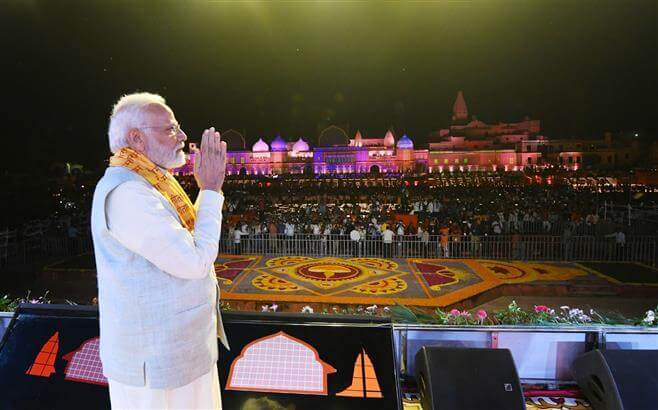
Prime Minister Narendra Modi took to social media to extend his Diwali wishes to all Indians, praying for their prosperity and happiness. He also expressed his gratitude towards Thailand's Prime Minister Paetongtarn Shinawatra for launching the Amazing Thailand Diwali Festival 2024. This initiative will not only bring India and Thailand closer culturally, but also showcase India's rich spiritual diversity to visitors from all walks of life.
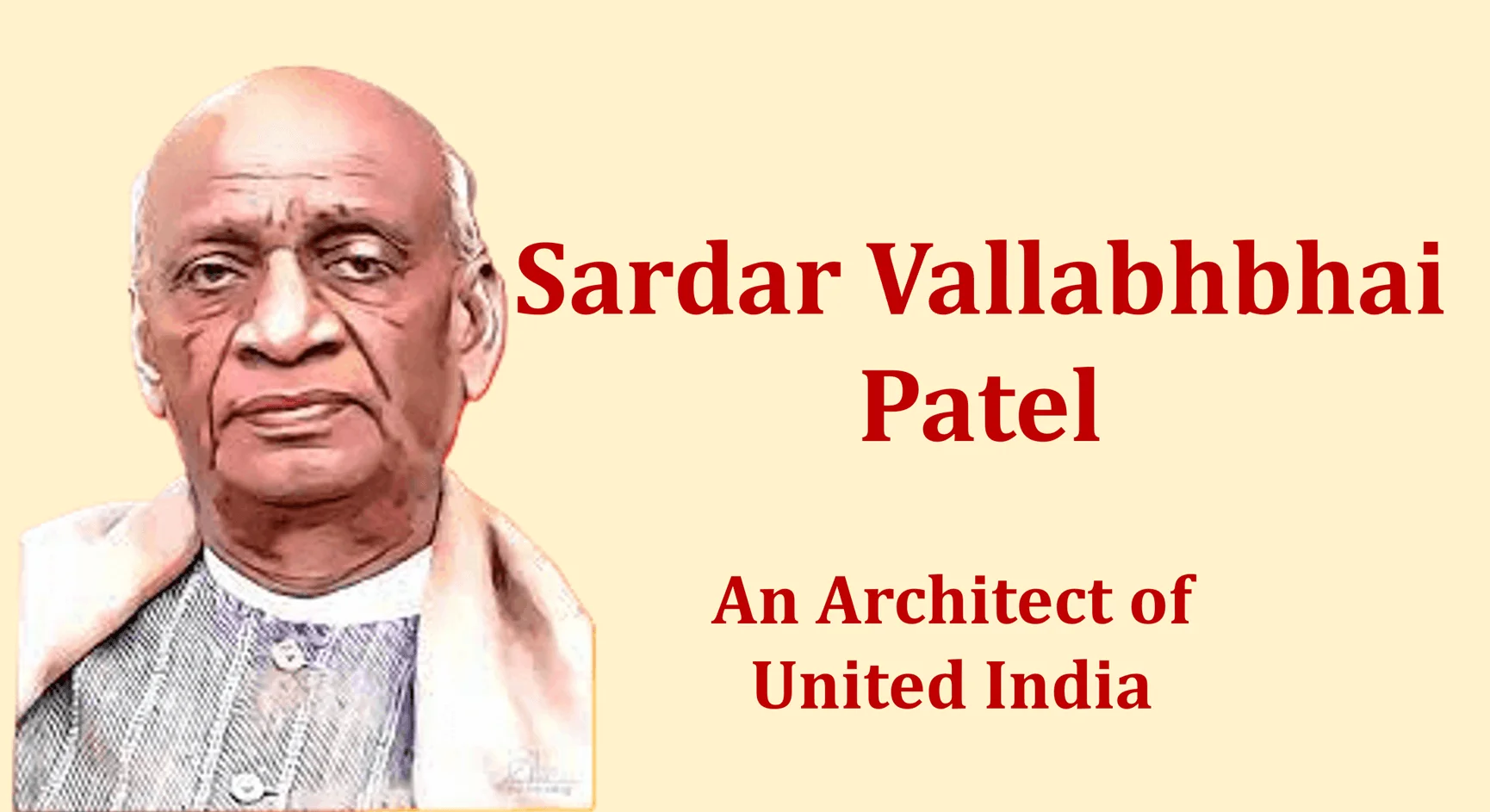
This year, as India celebrates Sardar Patel's birth anniversary, we acknowledge the role he played in shaping modern India. As the first Home Minister and Deputy Prime Minister of the country, Patel's contributions are often overlooked but his efforts in unifying the princely states and establishing the all-India services system have greatly impacted the nation's governance. Through diplomatic negotiations and strategic thinking, Patel was able to bring together more than 500 separate territories and pave the way for a united Indian nation.
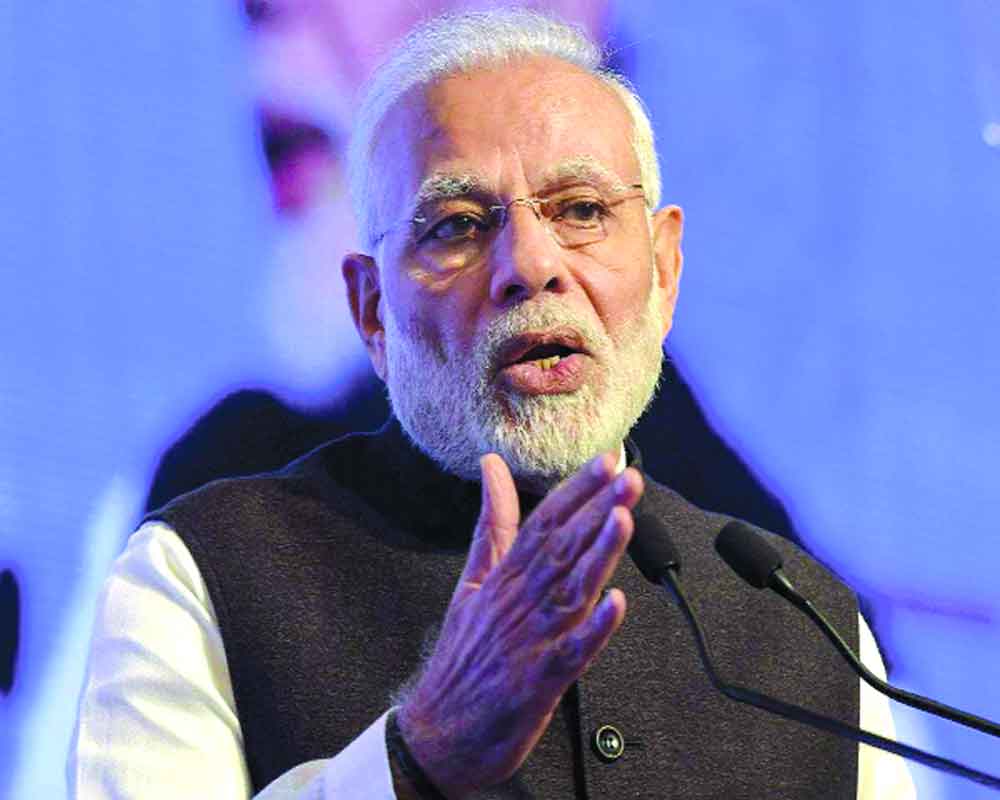
On the occasion of National Unity Day, Prime Minister Narendra Modi delivered a speech at the Statue of Unity, highlighting the need for unity to protect India's growth and development. He accused unspecified "powers" of trying to weaken India's society and unity for their own political gain, and urged citizens to recognize and fight against this alliance of "urban Naxals". The Prime Minister also paid tribute to Sardar Patel, whose vision and efforts represent the BJP government's commitment to national unity.
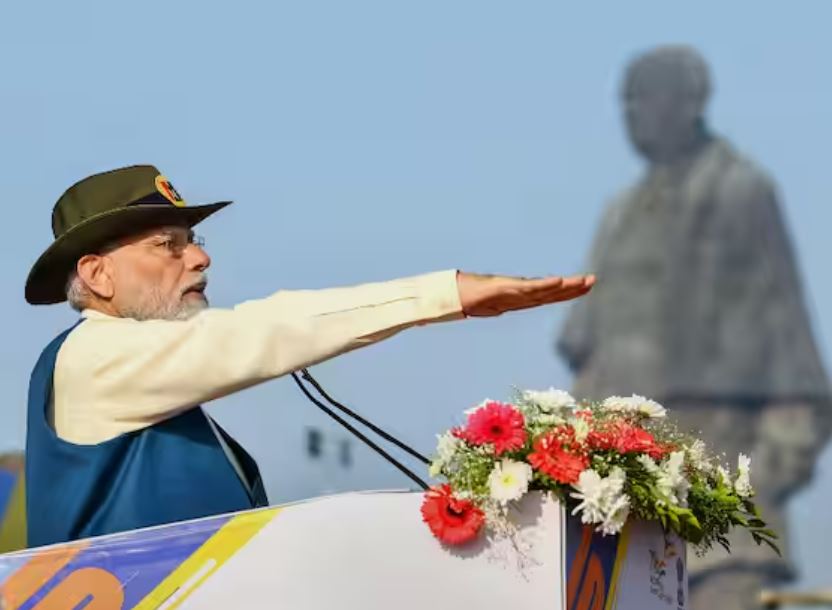
Prime Minister Narendra Modi paid tribute to India's first Home Minister Sardar Vallabhbhai Patel at the Statue of Unity and addressed the nation. In his speech, he highlighted the government's commitment to national unity which is evident in their work and initiatives. He also mentioned the success of Aadhaar and its impact on India being recognized by the world.
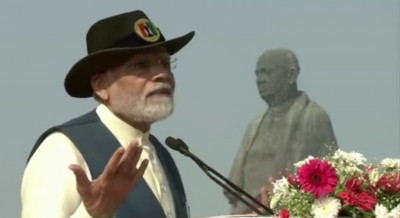
Prime Minister Narendra Modi visited the Statue of Unity in Gujarat to honor Sardar Vallabhbhai Patel on his 149th birth anniversary. Along with participating in the Unity Parade Ground event, PM Modi also marked the day's significance as it coincides with Diwali, showing India's global connect. In line with Patel's vision, he reaffirmed the government's commitment to national unity and progress through initiatives like One Nation One Election and Uniform Civil Code.
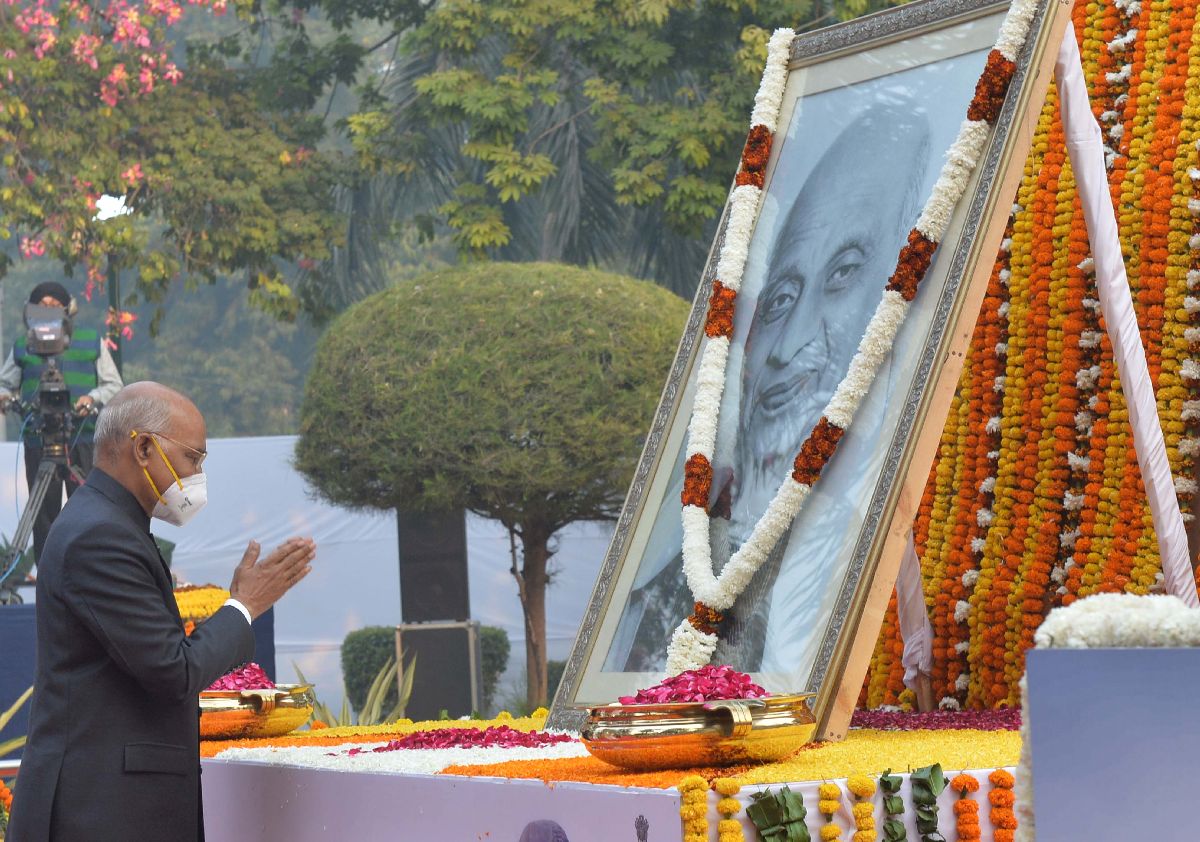
On the birth anniversary of India's first Home Minister, Sardar Vallabhbhai Patel, President Droupadi Murmu, Vice President Jagdeep Dhankhar, Prime Minister Narendra Modi, and other dignitaries gathered at the Patel Chowk to pay tribute to his leadership and dedication to national integration. This day serves as a reminder of Patel's efforts to unite India's diverse princely states and promotes a sense of solidarity among the people. The event was also attended by Delhi Lieutenant Governor V K Saxena, Union Ministers of State for Home Affairs and BJP MP Bansuri Swaraj.
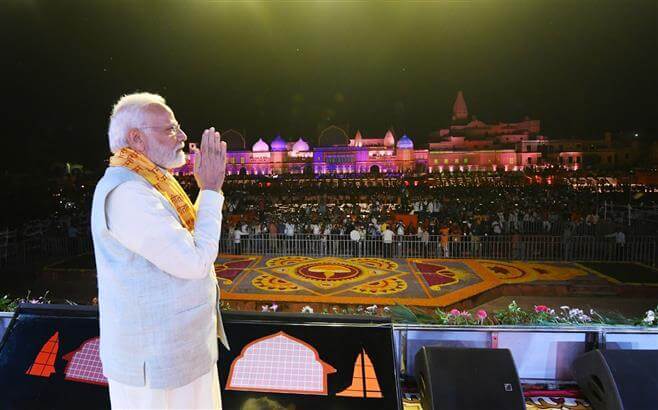
On the auspicious occasion of Diwali, Prime Minister Narendra Modi extends his warm greetings and good wishes to all citizens of India. He prays for the well-being of the people and hopes that the festival of lights brings joy and prosperity to all. Let us all celebrate with unity and spread the message of hope, love, and compassion.

Manchester City's manager Pep Guardiola is feeling the pressure as his team struggles with mounting injuries, with seven players currently sidelined. During their Carabao Cup game against Tottenham, center back Manu Akanji was added to the injury list after suffering a calf injury in the warm-up. Guardiola has expressed concerns over the sustainability of the current situation and is hoping for a speedy recovery of several key players. With important games coming up, including a potential quarter-final in the Carabao Cup, the pressure is mounting for Guardiola and City to find a way to cope with their injury crisis.
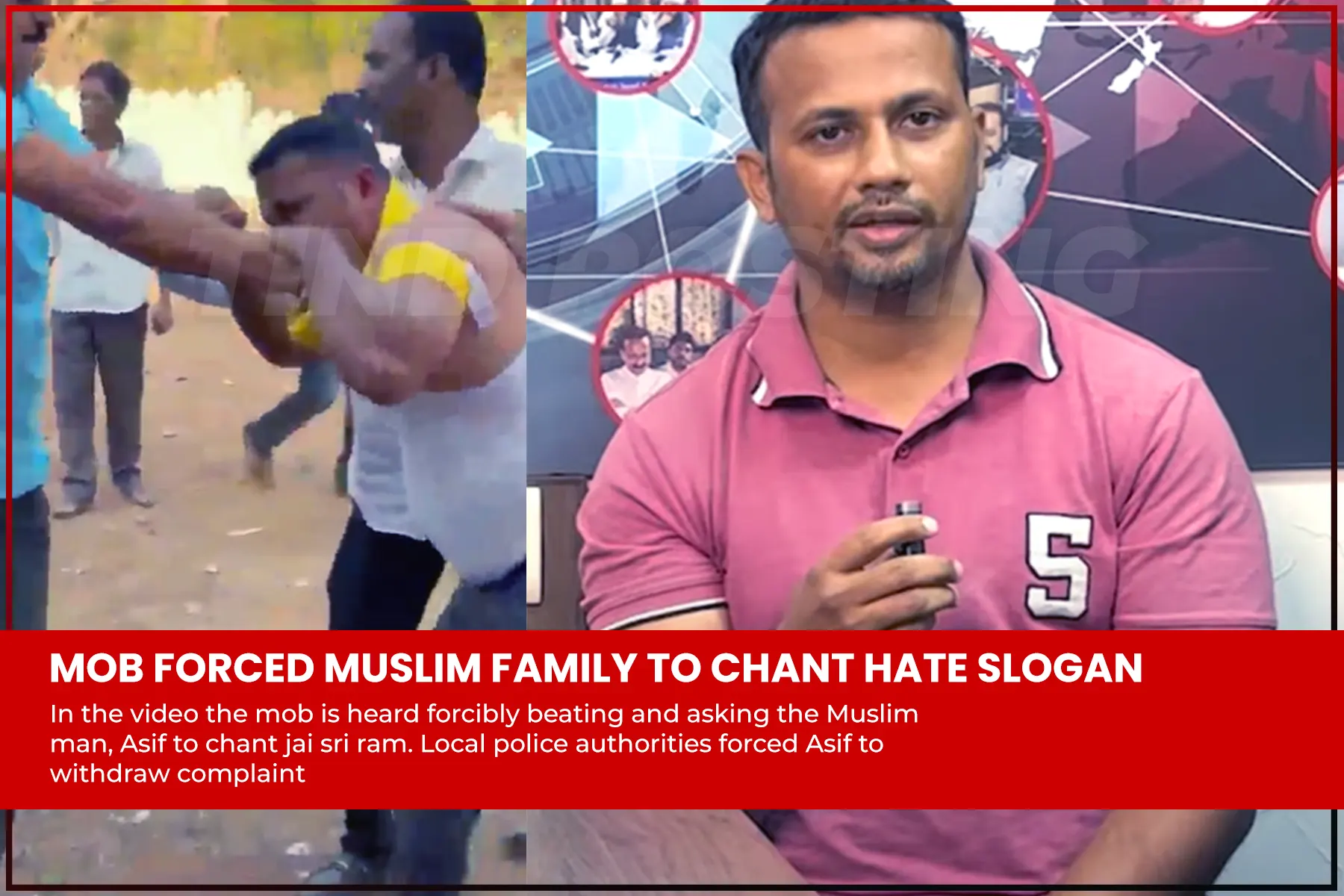
In a shocking incident, a Muslim woman was refused food at a charity stall near Tata Hospital in Mumbai for not chanting 'Jai Shri Ram'. The incident, which was recorded on camera, went viral on social media and sparked outrage among netizens. While some criticized the man and the NGO for their behavior, others questioned the meaning of Hinduism and the values it stands for. The second part of the video shows bystanders confirming the food distributor's statement, while a hospital staff member speaks out against such discriminatory rules.